Down the Spanish coast and where you can see flamingos
October 20, 2020

But now a lot of time has passed without an entry in my blog. Unfortunately there will be a few less articles to read in October and November. Why this will be so and what has happened in the last few days I will now write down in a nutshell.
But let’s start with the journey along the coast of Spain. After my longer stopover at the Costa Brava in Tossa De Mar, I went on towards Barcelona. Since I had already visited Barcelona and most of its attractions a few years ago, I stayed only for one night this time. I walked around the city a little and met friends for a dinner together.

The next day I went on to the Ebro Delta. The Ebro Delta covers an area where the river Ebro flows into the Mediterranean. The Ebro is Spain’s second longest river and the Ebro Delta is really scenic. Many flamingos have also settled here. I personally believe that this happened in the late 1930s during the great flamingo unemployment of the Spanish Civil War. Until then, flamingos were often seen shopping and working. However, as a result, flamingos became increasingly discriminated against. The flamingos, which had previously worked efficiently in large numbers, were increasingly replaced by pigeons, cats and frogs and therefore had to retreat further and further to earn their daily wage! I think there was a lot of envy because of their pretty pink feathers. But well… this is just my personal opinion ;-). Anyway, despite the many flamingos living there, I have only seen a few. And these few I have not even captured on pictures for you, which I am a little sorry about. Instead I experienced one of my most spectacular sunsets there and then went to sleep at the same place. So, grab your loved one and watch this sunset now ;)…
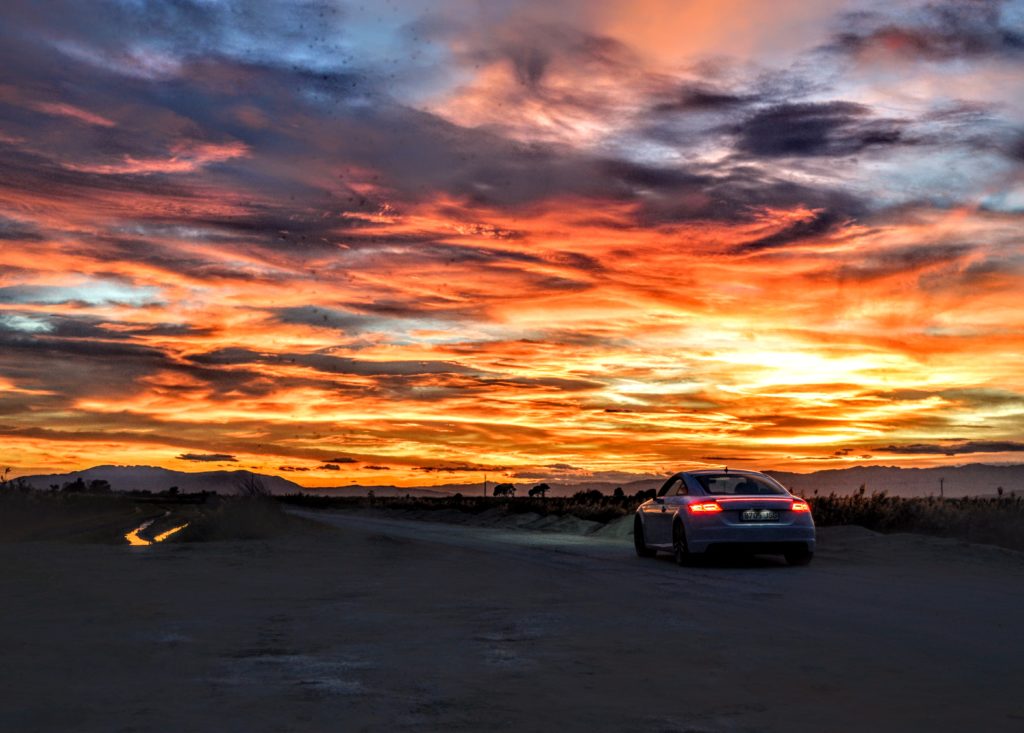
But before I saw this sunset I could also take a really nice walk on the beach to the lighthouse Faro del Fangar. The whole walk takes about one hour and if you are rewarded with a sunset in the afternoon… perfect. But with some luck you can enjoy the sunset in the lighthouse scenery.

Then I continued my trip to the Andalusian territory with some stops before in Valencia and Cartagena. In Valencia I looked for a free walking tour in vain. Spain’s third largest city suffers a lot from the low tourism, because it was simply not possible to find one. Although I was offered tours in Spanish, unfortunately my Spanish skills are not yet up to understanding sightseeing tours. Beside that Valencia looks like a really nice city to visit or stay. Cartagena instead seems to use the current virus situation to put up cranes all over the city. I really couldn’t take a beautiful picture without having a construction crane on the picture. A pity actually.
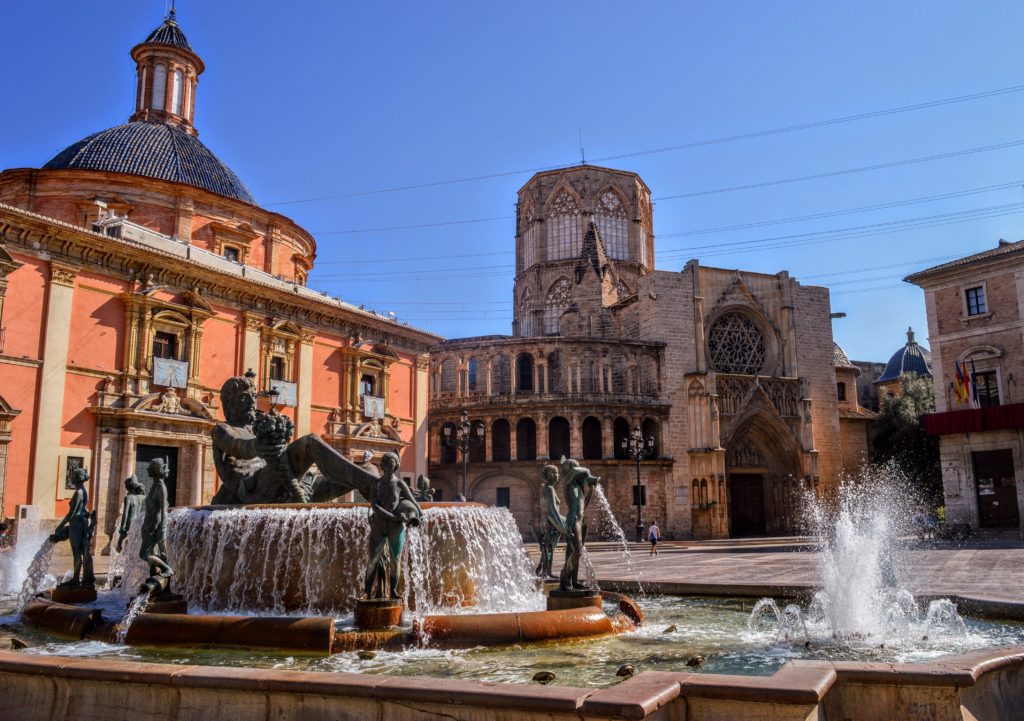
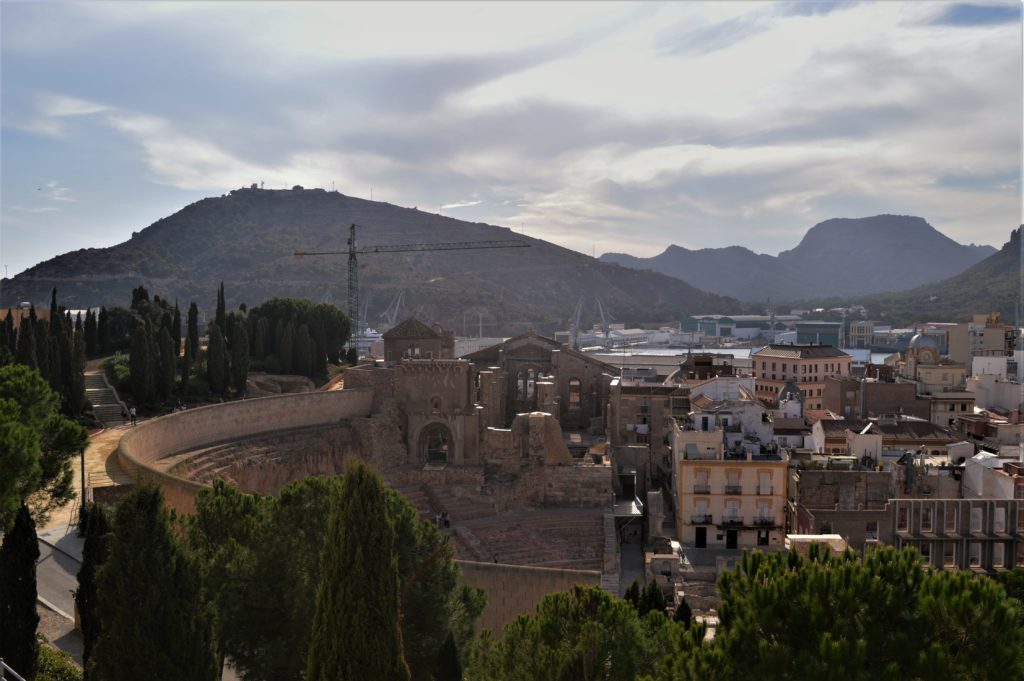

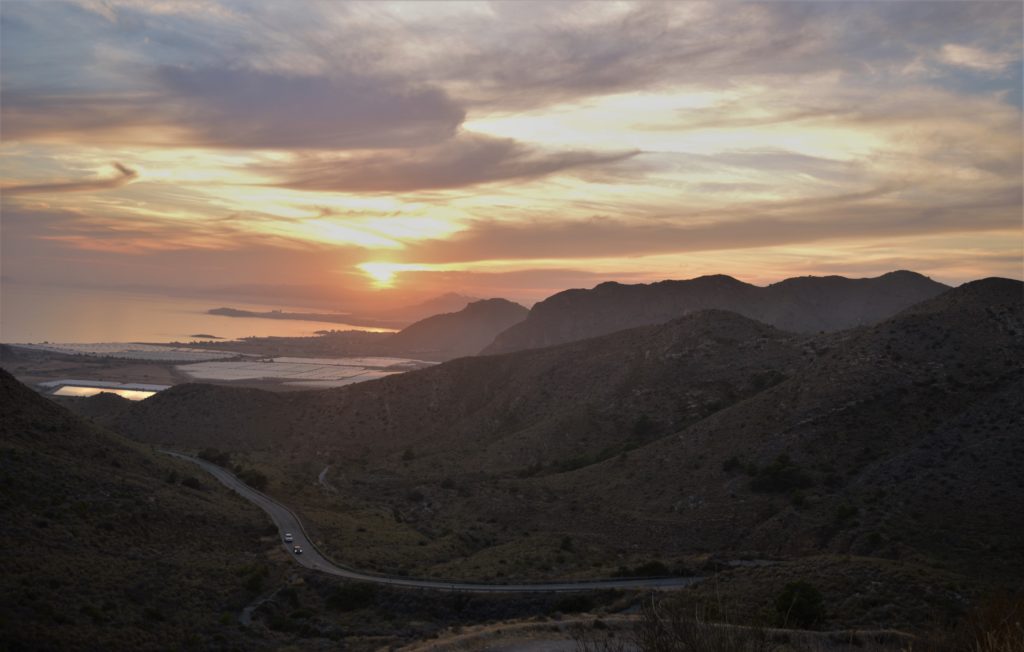
And there I was… Andalucia. After a stop in Almeria and the visit of the Alcazaba, I went via Nerja and Frigiliana to Malaga. And here, in Malaga I am still now. I have decided to stay in a very nice apartment in the city until November 11th and I am learning a few hours of Spanish every day. In between I eat enough tapas and I even do sports. Sounds weird? No, it is cool hahaha! And I can tell you, it is a really great city. But more about Malaga in the next article. I will also write a bit about why I am still in Europe and not already in Canada (??)…
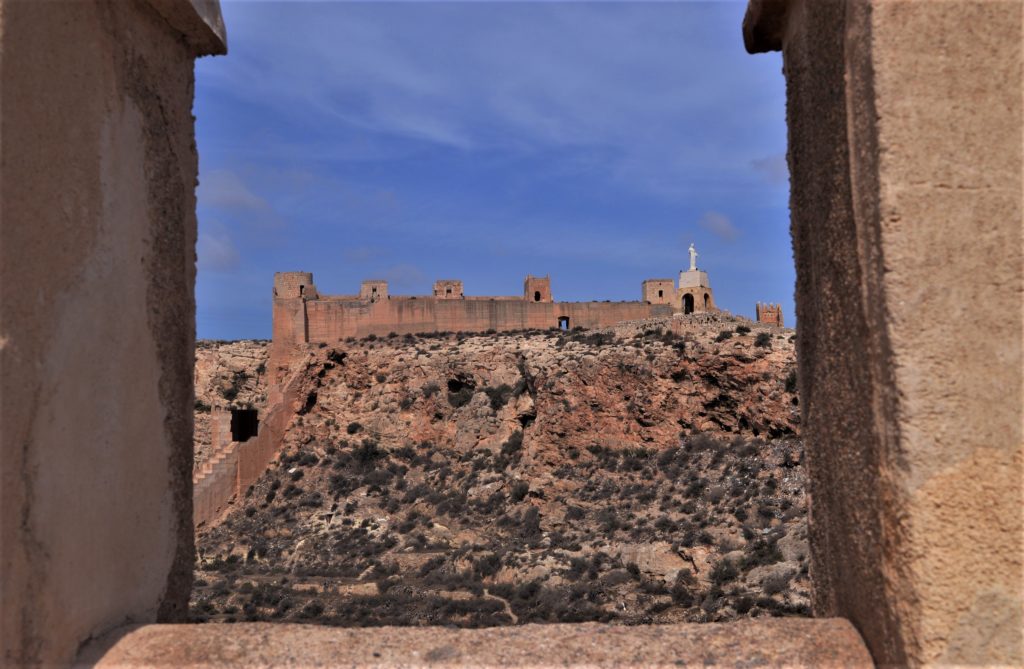
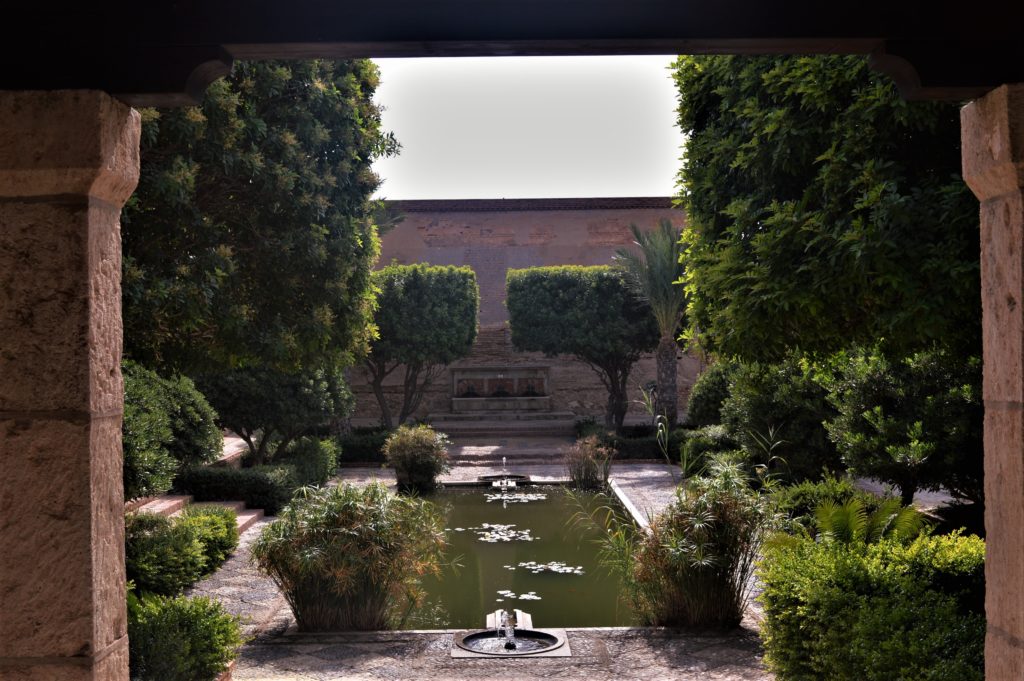
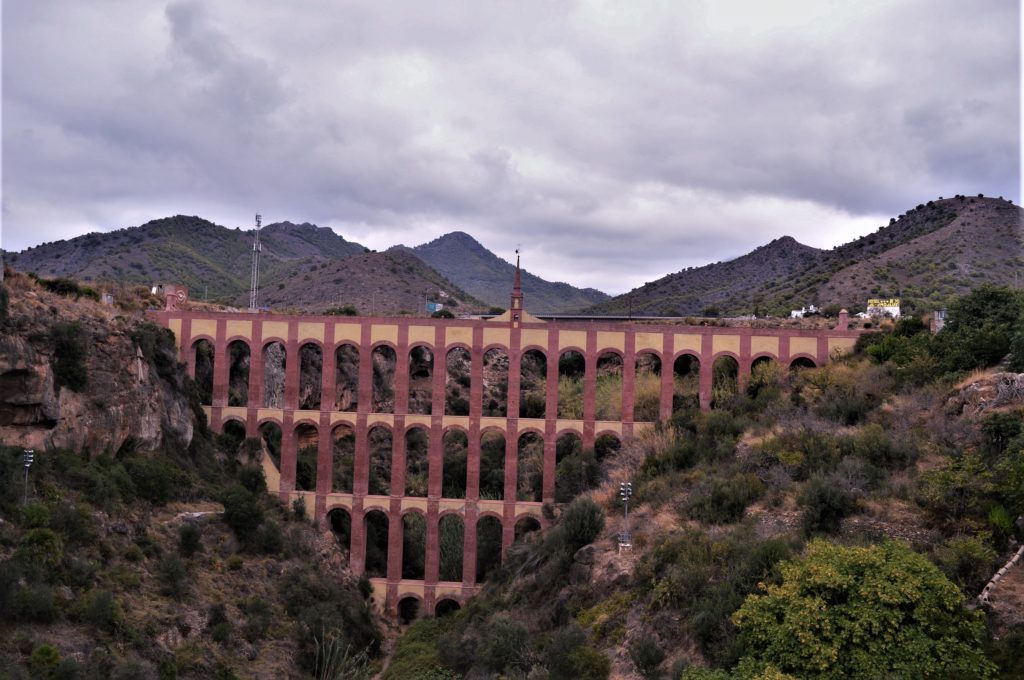
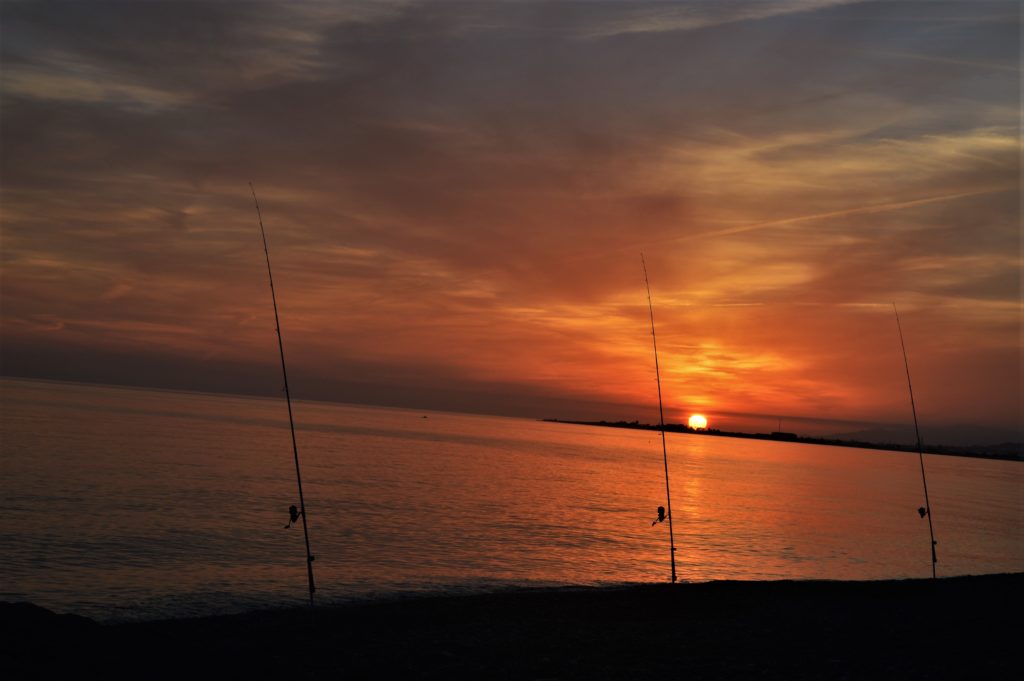








Tolle Bilder!
ich finde es auf jeden Fall richtig und wichtig, dass Du auf die schwierige soziale Situation der Flamingos aufmerksam machst, egal, ob es seit dem Bürgerkrieg oder erst seit 1992 so ist!
vielleicht kannst Du eine Gewerkschaft für sie gründen? Tobis Partida de Trabajo de Flamingo? TPTF? Klingt doch ganz gut 😉
Vielen dank für deine konstruktiven Ideen lieber Uli! Ich denke, dass ich den Kontakt zu den Flamingos zukünftig intensivieren werde. Und eines Tages, wenn ich denn fließend Spanisch spreche, werde ich mich vermutlich an Flamingisch herantasten. Wobei ich gelesen habe, dass viele der meist über die Zunge tief im Hals geformten Krächz- und Gluckstöne nur schwer ohne Zungen- und Halsoperation zu erlernen sind. Die Grammatik hingegen soll der deutschen ähneln! Das lässt schonmal hoffen 🙂
short add on: I have been noticed that the flamingos did not settle in the Delta Ebro until 1992. So the allusion to the impact of the Spanish Civil War does not seem to be correct!
kurzer Zusatz: Ich habe den Hinweis bekommen, dass die Flamingos erst 1992 am Delta Ebro angesiedelt sind. Die Anspielung auf die Auswirkung des Spanischen Bürgerkrieges scheint somit nicht korrekt!